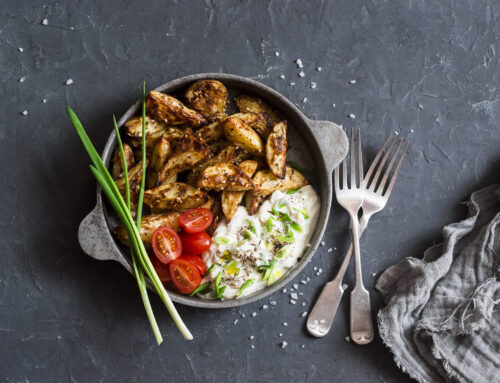Greece and Cyprus share a rich and diverse culinary heritage that reflects their Mediterranean climate, unique landscapes, and centuries of cultural exchange. Both countries boast gastronomic traditions and rituals deeply rooted in their history, showcasing a passion for good food, social dining, and communal celebrations. In this guide, we delve into the gastronomic traditions and rituals of Greece and Cyprus, exploring the ways in which food, culture, and hospitality intersect to create unique and unforgettable culinary experiences.
Communal Dining and Social Bonding
The Importance of Sharing Meals
In both Greek and Cypriot cultures, sharing meals is a cornerstone of social interaction and bonding. Friends, family, and even strangers come together to enjoy food, conversation, and laughter. The act of sharing meals not only nurtures relationships but also fosters a sense of belonging and community.
Meze Culture
Meze, a tradition of serving a variety of small dishes, is a central aspect of Greek and Cypriot gastronomic culture. Both countries have their own versions of meze, with dishes often reflecting regional specialties and seasonal ingredients. Meze is designed for sharing and encourages social interaction, making it a quintessential example of the communal nature of dining in Greece and Cyprus.
Food and Celebration
Festivals and Religious Observances
Greece and Cyprus both have a long history of celebrating religious, cultural, and seasonal events with food. From Easter celebrations, where red eggs and lamb are enjoyed, to the grape harvest, where wine flows freely, these culinary traditions and rituals serve as a way of connecting the community, expressing gratitude, and honoring cultural heritage.
Weddings and Family Events
In both countries, weddings and family events are grand occasions where food plays a central role. Traditional dishes, such as pastitsio and kleftiko, are prepared in large quantities to feed the guests, and sweet treats like baklava and kourabiedes are enjoyed in abundance. These gastronomic rituals not only mark significant life events but also reinforce the bonds between family and friends.
Culinary Techniques and Ingredients
Traditional Cooking Methods
Greek and Cypriot culinary traditions are characterized by time-honored cooking methods, such as wood-fired ovens, charcoal grilling, and clay pot cooking. These techniques imbue dishes with distinct flavors and textures, showcasing the region’s culinary history and expertise.
Seasonal and Regional Ingredients
Both Greece and Cyprus pride themselves on their use of fresh, seasonal, and regional ingredients, with dishes often showcasing local produce, such as olives, tomatoes, and wild greens. This emphasis on quality ingredients not only enhances the flavor and nutritional value of the cuisine but also supports local farmers and producers.
Hospitality and Generosity
Philoxenia (Greek) and Filoksenia (Cypriot)
Philoxenia in Greek and Filoksenia in Cypriot culture refer to the deep-rooted tradition of hospitality and generosity. In both countries, welcoming guests with open arms and sharing food and drink is considered an essential aspect of social life. This spirit of hospitality reflects the warmth and generosity of Greek and Cypriot people and serves as a testament to the importance of food and social bonding in their cultures.
The gastronomic traditions and rituals of Greece and Cyprus are as diverse and rich as the countries themselves. From communal dining and meze culture to festive celebrations and traditional cooking techniques, these culinary practices showcase the deep connection between food, culture, and hospitality that defines the Mediterranean way of life. By engaging in these gastronomic traditions, we not only enjoy delicious and nourishing meals but also partake in the rich tapestry of cultural experiences that unite and define Greek and Cypriot societies. As we explore the culinary landscape of these Mediterranean countries, we gain a deeper appreciation for the vital role that food plays in connecting people, shaping cultural identities, and preserving traditions for future generations.
Through the lens of gastronomic traditions and rituals, we can better understand the unique characteristics of Greek and Cypriot cultures and the shared values that define their culinary heritage. By celebrating and participating in these customs, we can foster a sense of connection and unity that transcends borders, languages, and backgrounds. Ultimately, the culinary traditions of Greece and Cyprus remind us of the powerful role that food plays in our lives, serving not only as sustenance but also as a symbol of community, culture, and shared human experiences.

